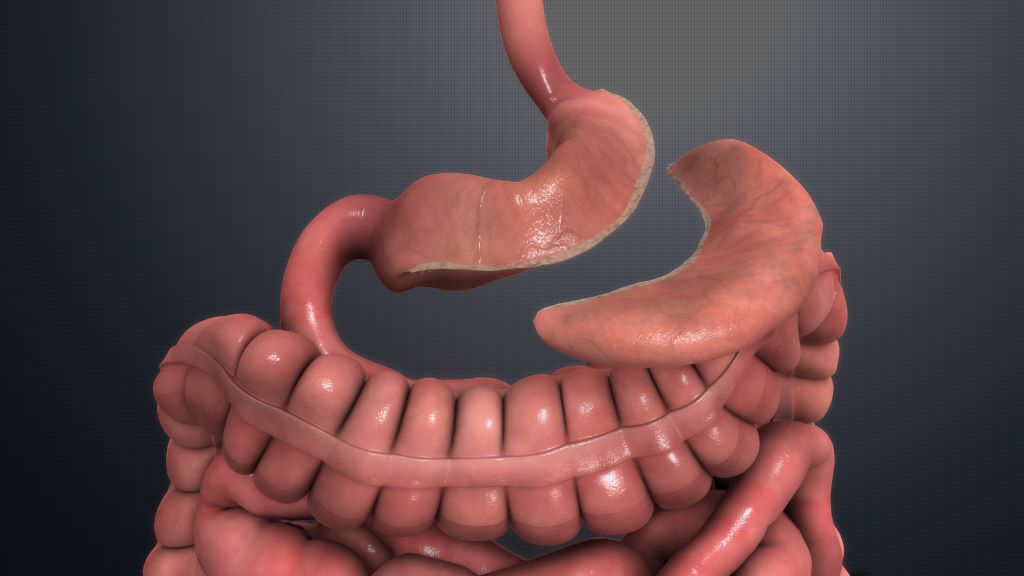
Young people who have had surgery for obesity do not improve their mental health despite significant and permanent weight loss. At the same time, bariatric surgery also increases the risk of early alcohol problems. This is according to the largest long-term study of young people who have undergone bariatric surgery, the results of which were published in Lancet Child and Adolescent Health.
The researchers studied mental health problems – before and after surgery – among all young people in Sweden who underwent bariatric surgery between 2007 and 2017. The study was conducted using register data, which enabled the scope of the study and facilitated comparisons with other groups in society.
The study recruited 1554 adolescents (< 21 years) with severe obesity underwent bariatric surgery between 2007 and 2017, 1169 (75%) of whom were female. At time of surgery, the mean age was 19·0 years [SD 1·0], and the mean BMI was 43·7 kg/m2 (SD 5·5). They were matched with 15 540 adolescents from the general population.
It was found that young people who underwent surgery were more likely to have received treatment and medication for mental health problems already five years before the surgery.
“Although mental illness generally increases between the ages of 15 and 21, for this group the need for treatment increased faster than for young people in general”, says Kajsa Järvholm, Associate Professor of Psychology at Lund University.
Unfortunately, this pattern continued even after obesity surgery; the young people who had the surgery continued to have a greater need for mental health treatment than their peers.
“Obesity surgery has very positive effects on weight, blood sugar and blood pressure control, but when it comes to mental health, it does not get better or worse after bariatric surgery”, says Martin Neovius, Professor of Clinical Epidemiology at Karolinska Institutet.
Additional findings from the new study include an increase in dependency diagnoses, particularly on alcohol, in the surgical group, both in comparison to pre-surgery and to young people in general.
The study is the largest long-term study in the world of young people who have had obesity surgery.
Source: Karolinska Institutet

